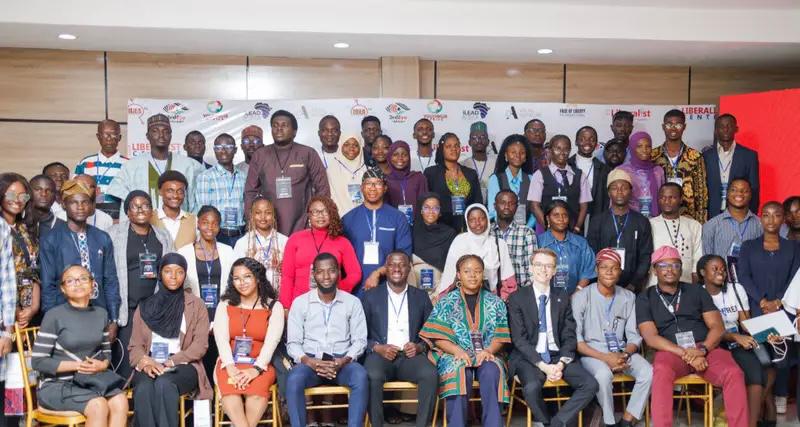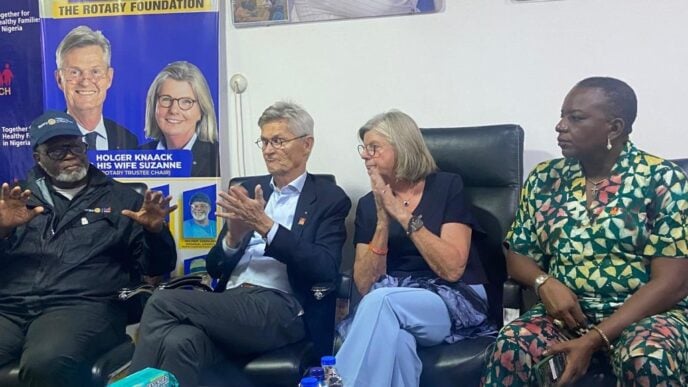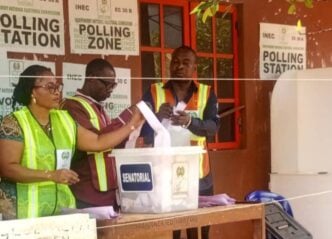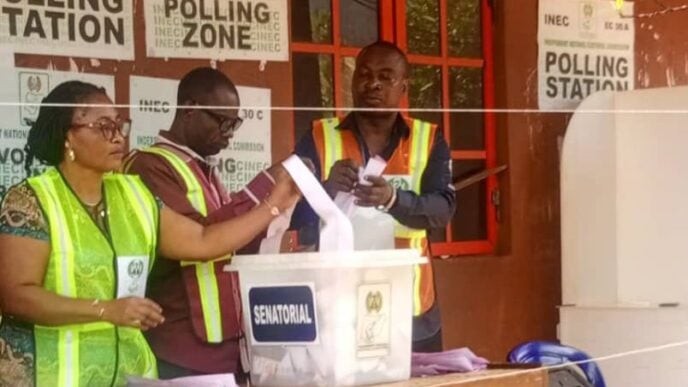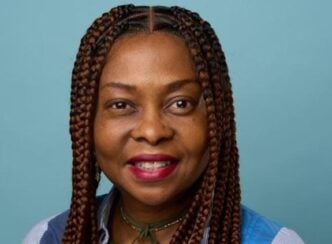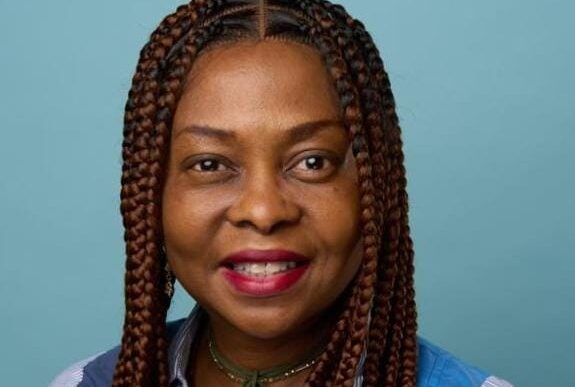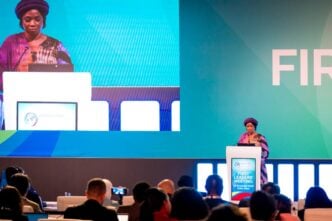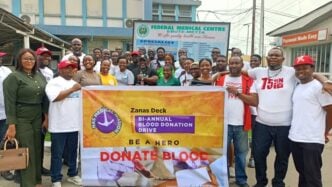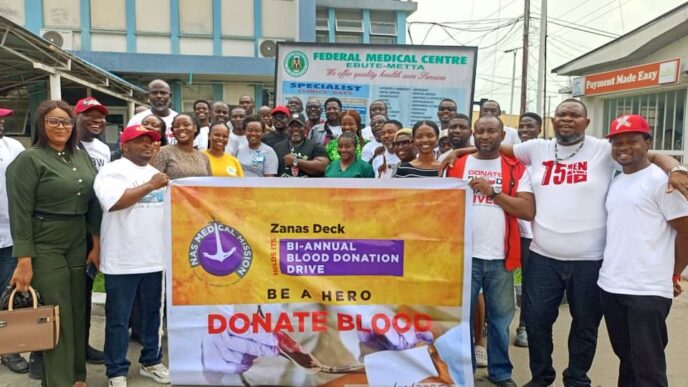Conference attendees
Abdullah Tijani, founder and executive director of The Liberalist Centre, says Africa remains poor because its people are not free.
Tijani spoke on Wednesday in Abuja at the maiden edition of the Conference of Freedom Advocates (CFA), organised by The Liberalist Centre.
The event, themed ‘Inspire’, brought together development experts and advocates to discuss free markets, accountability, and limited government as pathways to prosperity.
“Africa is poor because it is not free,” Tijani said.
Advertisement
“The urgency of defending liberty in Africa has deepened. We want Africans to see how our current condition unfolded — and what might be possible tomorrow.”
He added that the continent’s development challenges are linked to excessive government control, weak institutions, and lack of accountability.
Iniobong Usen, senior programme coordinator at the International Budget Partnership (IBP), said government interference remains one of the biggest threats to liberty in Nigeria.
Advertisement
He urged citizens to collectively demand accountability and transparency, saying such actions are crucial for achieving prosperity and protecting freedom.
“For Nigeria, petroleum subsidy remains the big elephant in the room,” Usen said.
“The state-owned NNPC used to be the sole importer of fuel, determining prices and availability. With the subsidy removal, we saw the ripple effects nationwide.”
Muritala Abdullahi, a journalist, said discussions at the conference highlighted how excessive government control continues to stifle trade, innovation, and social growth.
Advertisement
“Freedom was placed at the forefront of Africa’s development debate,” he said. “The conference inspired me to continue championing a freer and more prosperous continent.”
The conference also featured the launch of The Liberalist Africa, a magazine published by The Liberalist Centre.
Ibrahim Adeyemi, investigations editor at HumAngle and the magazine’s editorial consultant, said the publication aims to connect Africa’s everyday struggles — such as high prices, bad roads, and poor public services — to deeper structural problems like overregulation and weak governance.
“This magazine was born out of a question: Is Africa poor because its people are not free?” Adeyemi said. “Every story in it is driven by one compass — freedom.”
Advertisement
The debut issue, published in two volumes, explores themes of corruption, governance failure, and the impact of public policy on citizens.
Advertisement
